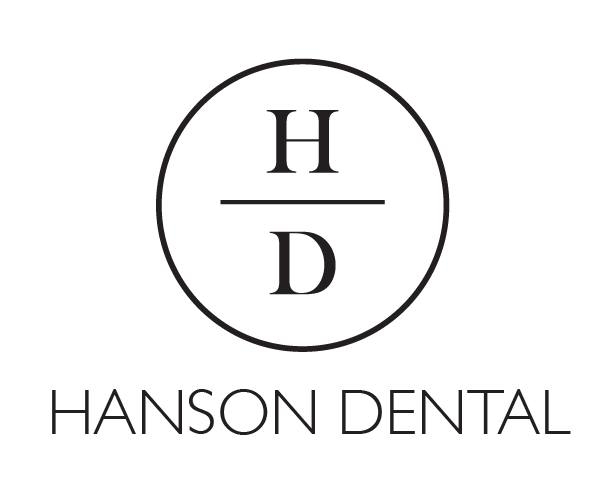We’re all familiar with the idiom “an ounce of prevention is worth a pound of cure”. That ounce of prevention is relevant to many areas of our life: cars, homes, and, most importantly…our health. Development of good daily habits creates better health. Drinking water, eating our veggies, and taking a walk are just a few things that we do to take care of our bodies. Developing good dental practices is just as important to our overall health as the routines we use to take care of the rest of our bodies. Developing those habits as children and helping our children develop those habits is integral to maintaining a healthy, beautiful, long-lasting smile.
Why is Dental Healthcare so Important?
Dental health problems including cavities can lead to a myriad of other health problems for children and adults. For example, untreated cavities can lead to infections requiring the use of antibiotics, extensive dental work, and, if left untreated for a long period of time, require the removal of teeth. For children, dental decay can lead to difficulty eating, which, in turn, leads to greater difficulty in learning and playing. Untreated dental problems in children can even lead to difficulty with speech. Children with untreated dental problems often miss more school and have lower grades than children who don’t have them. Adults, who may or may not have had the opportunity to develop good dental habits as a child, are also affected by preventable tooth problems. One of the causes of deteriorating dental health is adults is age; receding gums leaves us vulnerable to cavities and other dental problems, but there are both preventative and treatment options available to help maintain those pearly whites.
Developing Good Dental Habits for Children
The development of good dental habits in childhood is an important component of creating habitual well-being practices that we can employ lifelong. Good dental hygiene should begin in infancy. To take care of your baby’s teeth, it is recommended that you gently wipe their mouth with a clean cloth and water after their first morning feeding and before they go to bed at night. When the baby’s first teeth appear, parents can gently brush them with a very soft bristled brush and water. Your baby’s first dental visit should be scheduled when they are a year old, and your dentist can advise you about the use of fluoridated toothpaste for your child.
Tap water, or water containing fluoride, is recommended for children because it helps create a strong surface on the teeth, both rebuilding them and preventing cavities. As your child gets a little bit older, reminding them to brush and floss twice a day for two minutes is key to helping them get into that routine. It is important to have your child visit their dentist regularly for both cleaning and preventive care, which may include the application of sealants on children’s teeth. Your child’s dentist will also treat any cavities or other dental problems that might occur.
Maintaining Good Dental Health All Year Long
For both children and adults, daily attention to oral hygiene will optimize their chances of good dental health throughout their lives. In addition to the habits developed as children, there are several other preventive measures that can be used for both children and adults. These include:
- Avoiding an abundance of sugary foods and especially sugary drinks
- Being aware of any circumstances that might contribute to dental problems, including side effects of a medication or other medical condition
- Using a toothpaste that contains fluoride
- Floss and use a mouthwash
- See your dentist for regular check-ups (and visit them at least once a year even if you have dentures)
Small Habits Have a Big Impact
It sounds so cliché, and we all know it, but small daily habits really make a difference in our overall wellness. It’s true with things and, more importantly, with our bodies. The development of good dental habits as children will pay off significantly throughout both child and adulthood. The application of good oral hygiene and dental health practices now is the ounce of prevention can help eliminate the need for a pound of cure.
Image credit: peakSTOCK / iStock / Getty Images Plus

